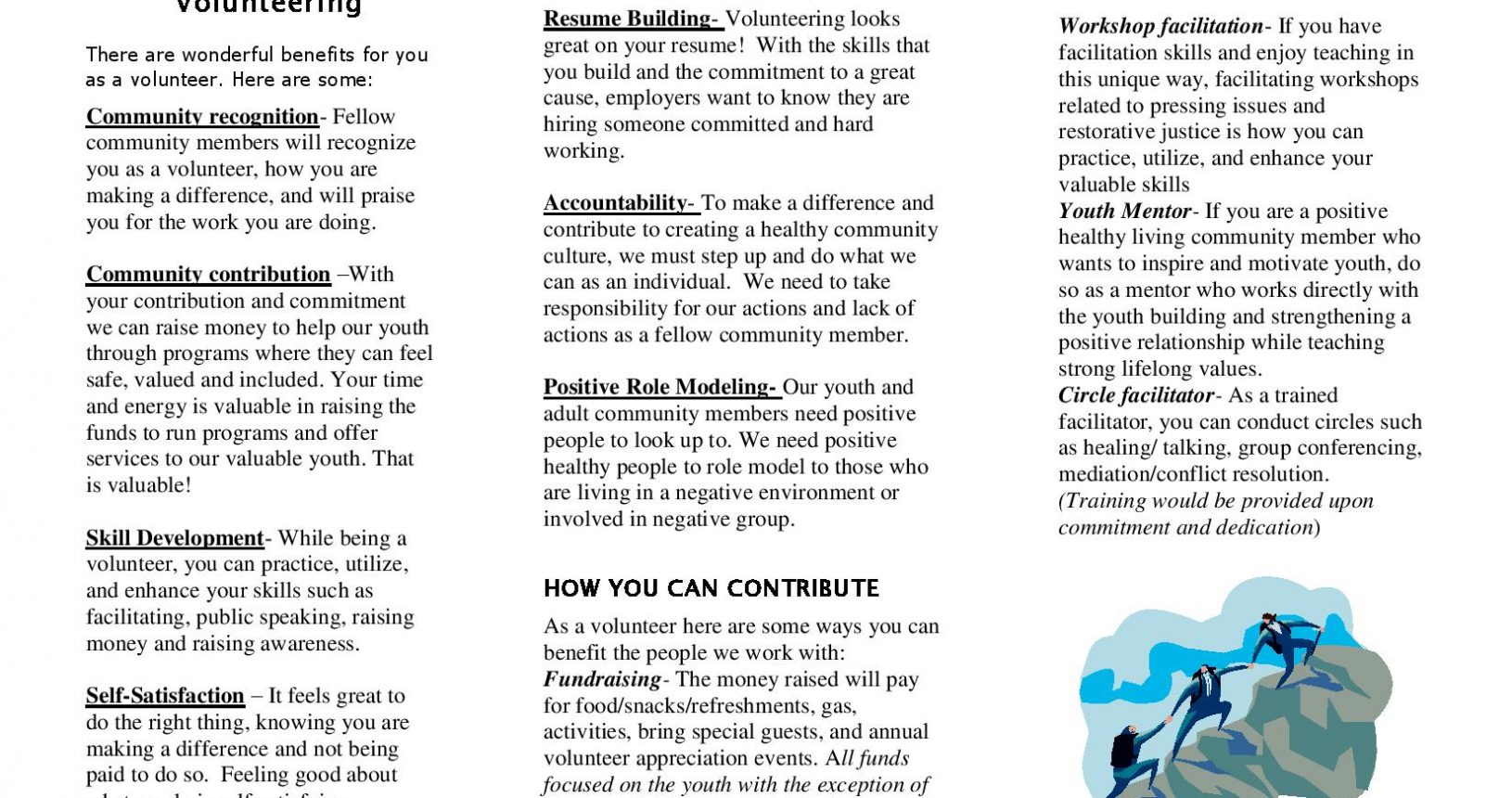Neyaskweyahk Restorative Justice
Neyaskweyahk Restorative Justice Advisor
– Blaine Raine
Restorative Justices Services :
- Mediation
- Justice Circles – Youth and Adult
- Talking (Healing) Circles
- Advocacy on Police matters
- Tribunals
- Hub Coordination – Wrap around program for families / Individuals in Crisis
Future Services to be offered:
- Court Worker / Advocacy Services
- Workshops:
- Knowing your Rights &Responsibilities
Wills & Estates
Mandate
Restorative Justice and Practices is an alternative way of addressing crime and conflict while keeping the offender or wrong-doer accountable for his/her actions while emphasizing the importance and value of repairing broken or damaged relationships. Restorative Justice is not just a set of new programs or short terms projects. It is a new way of thinking about crime, community and working together for the future. Restorative Justice requires vision and creativity. Ermineskin Cree Nation strives to develop and administer community based justice systems based on seven Cree traditional principles that will contribute to a safer and healthier community through intervention, reconciliation and restitution they are: Sakitowin (Love), Manacihiwewin (Respect), kawaninehk (humour), tapwewin ekwa Kiwayaskitatisiwis (truth and honesty), Iynisiwin (wisdom), sokeyimowin (bravery) and (tapahteyimisowin) humility.
The following actions are important for changing the current punitive system into a Restorative Justice system:
- Make needed services available for victims of crime
- Give victims opportunities for involvement and providing input
- Actively involve community members in making decisions and carrying out plans for healing and Restorative Justice activities
- Build connections among community members
- Give the offender the opportunity and encouragement to take responsibility
- Actively involve offenders in repairing the harm they caused; thus, increasing the offenders’ skills and abilities
- The relationship between the participants should be enhanced.
- Victims should feel safer and improved empathy and impact on behaviour management.













